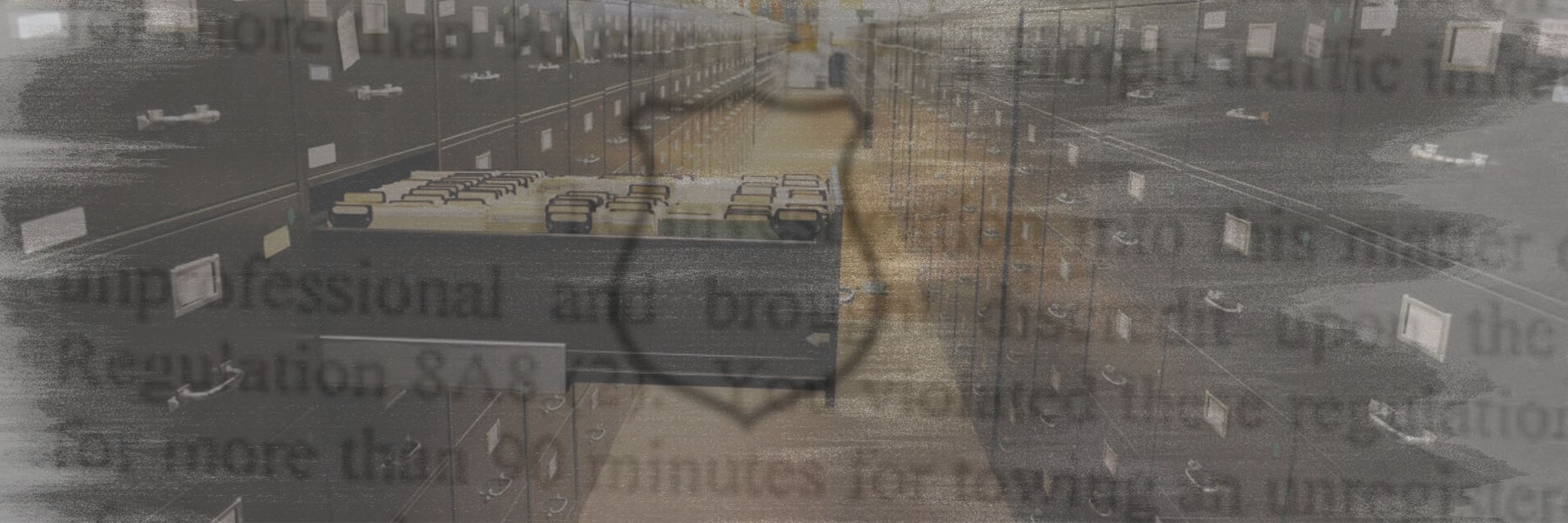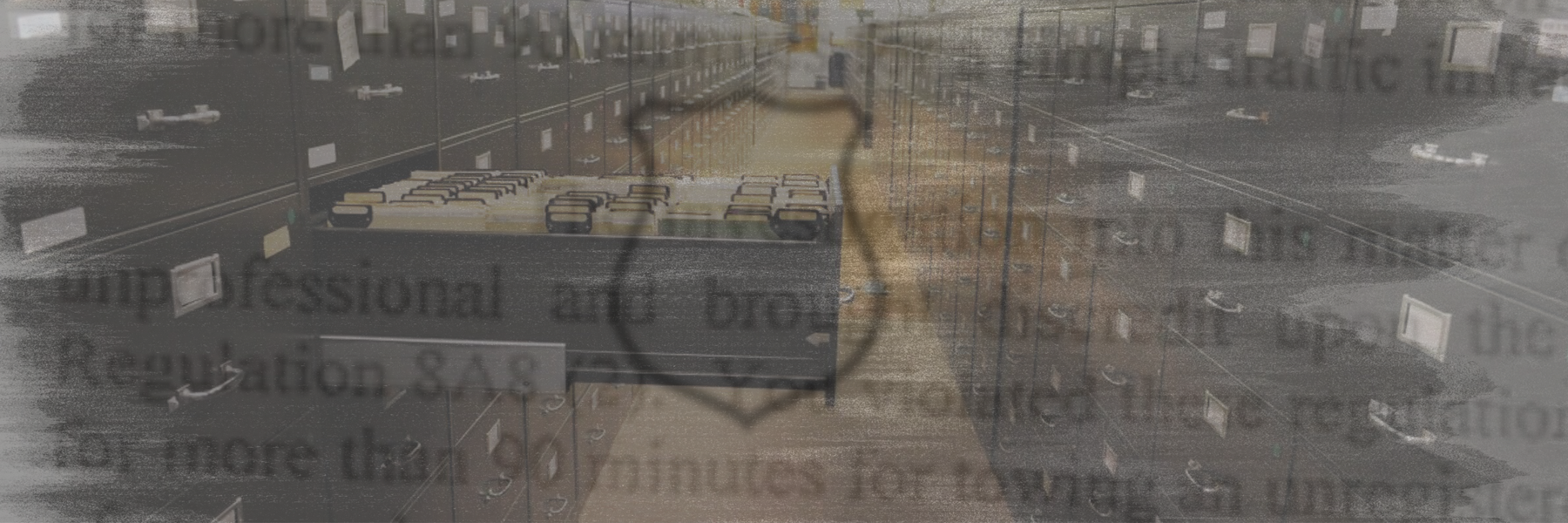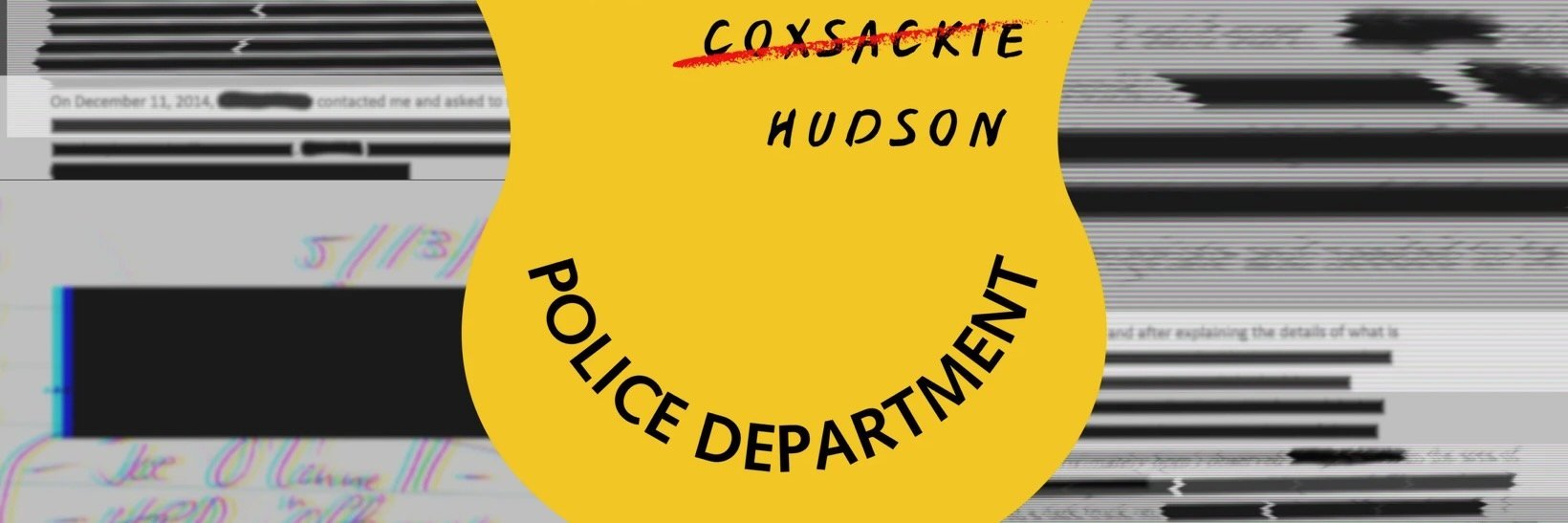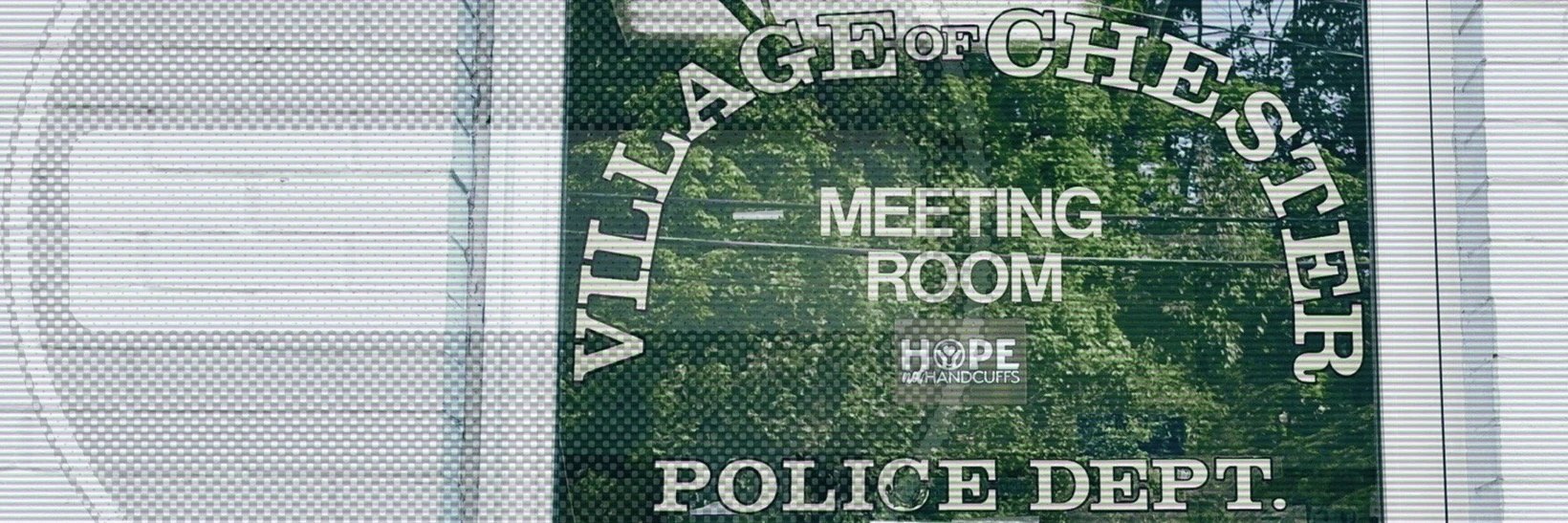For months, the North Charleston Police Department - whose tumultuous history is underscored by the declaration of a mistrial in the case of former officer Michael Slager - has been stonewalling records requests for data about civilian complaints and use of force incidents.
In May 2015, shortly after Slager shot 50-year-old Walter Scott in the back and planted a taser on the man’s body, MuckRock user Samuel Sinyangwe filed a records request with the department for all civilian complaints against its officers since 2000 as well as every use of force report filed since 2000. The department estimated that filling Sinyangwe’s request would take 64 hours and cost $1,918.

Seeing that the data had not yet been released as the trial for Slager was getting underway, I requested the same data but narrowed the scope of the request to 2010 to 2016 in the hopes that the documents would be more affordable.
Unfortunately, the department still wants lots of money for this information.

The department responded that it would take approximately 45 hours and cost $1,500 to $2,000 to sort and redact the information - the same data requested by Sinyangwe minus ten years. That means that it would take just 19 more hours to sort through 16 years worth of records than it would to sort through six years worth of records, and it would cost either roughly the same amount of money or about 75 percent. Why is that?
According to Beth Woodall, a legal assistant for the city:
“Responding to your inquiry about the cost of production being roughly the same for six years and sixteen years’ worth of data, the Police Department’s retention schedule comes into play. The police department retains paper files for three years, after which time they are destroyed. The bulk of the cost is related to just three years’ worth of data. We are talking about in the neighborhood of 400 police officers, some of whom have left the department but whose file we may still retain.”
If the paper documents are destroyed, surely the data is saved somewhere. Right? I asked (a couple of times), and Woodall responded that rather than backing up the complaints in their entirety, they are recorded to a single “summary sheet” after three years.
I think I DID answer your question. We have three years of full and complete files regarding use of force and complaints against officers. When the paper files are destroyed, a one page summary sheet is retained electronically for each file. That summary sheet would have the pertinent facts of the matter. My contact person is out of the office for the day, so I’m not able to get any additional specifics.
I’ve requested the department’s records retention policy in the hopes of getting a clearer picture of the process. To their credit, they released it just a few days, later, albeit upside-down.
Here’s the section on what we’d now call Office of Professional Standards files, dealing with internal investigations.

The Post Courier reports that the department received 36 civilian complaints in 2011, up from 22 in 2008, and noted that it too is trying to get more information.
The city says it’s taking steps to make the police department more transparent, including the formation of the Citizens’ Advisory Commission on Community-Police Relations, according to another report in The Post and Courier. The paper also reports that local activists are concerned that the commission - with 20 out of the 25 commission members selected by the city council and one member selected by the mayor - will serve the city rather than its residents. One member would be selected by the Charleston Metro Chamber of Commerce, and three will come from North Charleston high schools.
The department was quick to fire Slager, and just a few days ago fired former police officer Leroy Hair after the department determined he used excessive force while arresting a man on Nov. 15. While these appear to be positive steps, they don’t give the people of North Charleston a full accounting of how its police officers have been treating them.
When there’s overwhelming evidence that agents of the state are committing serious abuses against the community they’re sworn to protect, the state has an obligation to make the details of those abuses public so that the damage can be quantified, and the guilty parties can be held accountable.
Read the records retention schedule has been embedded below, or on the request page.
Image via North Charleston Flickr




